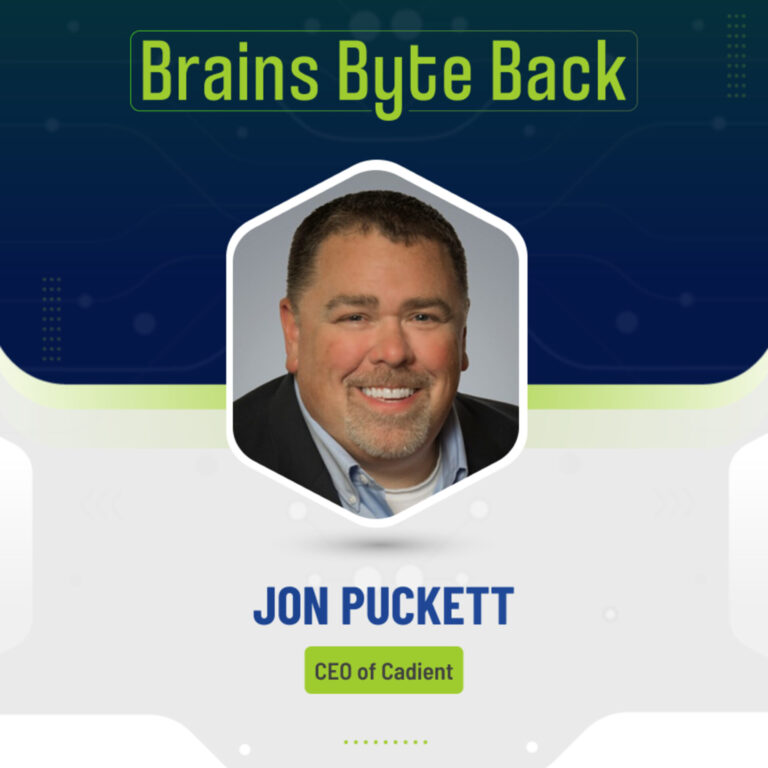It’s been well over a year since OpenAI launched ChatGPT; 14 months and a few days since content creators were declared “replaceable with AI” by virtually everyone. Are things looking any better for content creators in 2024?
As the founder of a content writing agency—I’ve been in the thick of the AI disruption since day 1. And the completely unwarranted and baseless “AI will replace content creators” narrative has been a pain.
Early in the year, sensationalist articles from publishers like The Guardian and the news of Buzzfeed replacing journalists with ChatGPT didn’t help our cause. It only added unnecessary fuel to the fire.
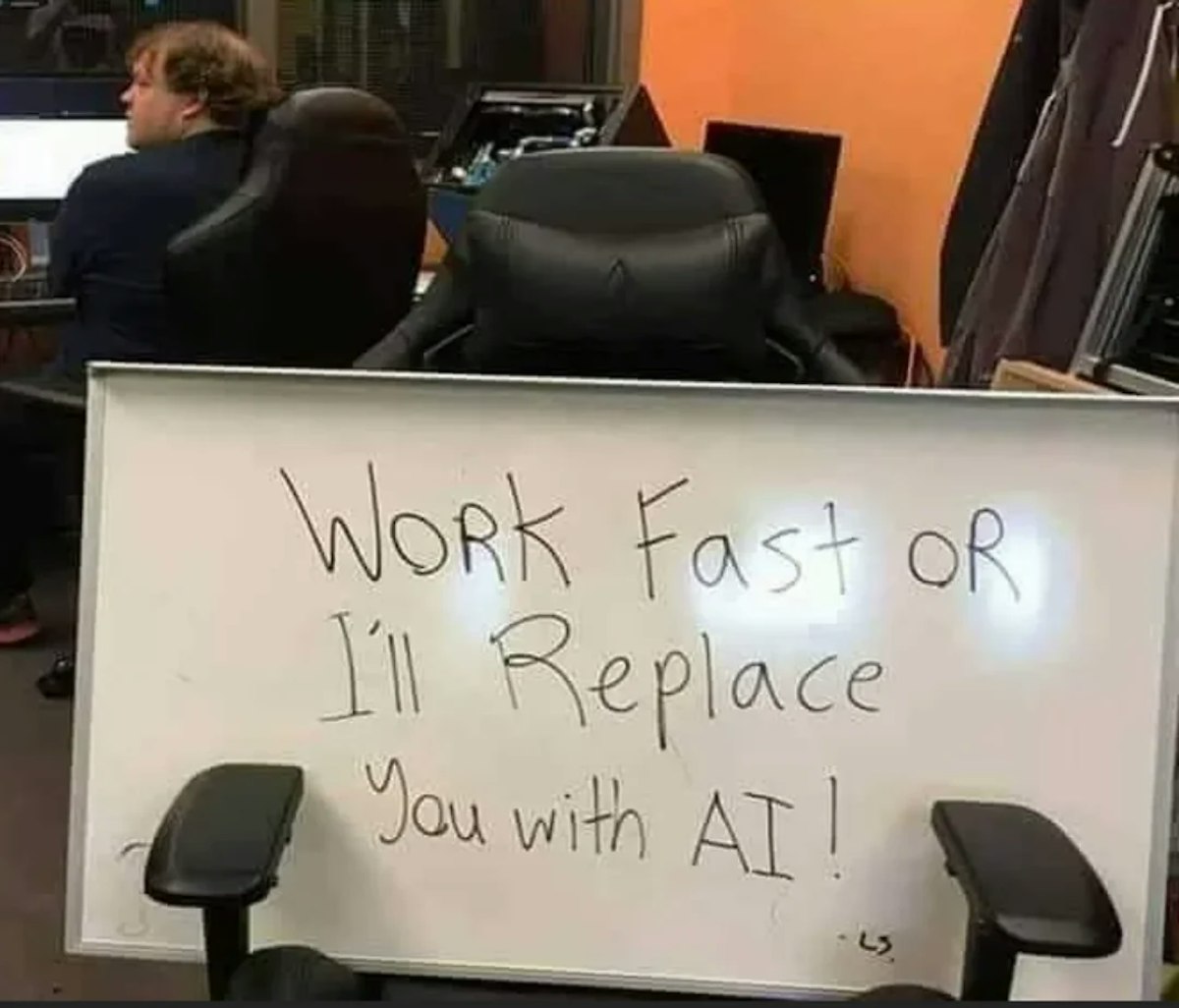
AI vs Humans
Not going to lie—I did fear losing my clients at first, as I’ve shared before.
I mean, who wouldn’t want a ‘cheap but somewhat effective’ option when the economy is bad? It makes sense for a business to use AI to cut costs (if possible) to stay lean.
So…did they?
Well, not really.
What’s holding back brands from using AI in content creation?
Initially, two major concerns were holding back brands from using 100% of AI-generated content for SEO:
- Will Google penalize us for using AI-generated content?
- Can AI match, if not surpass, the quality of content human writers produce?
Fortunately, we’ve managed to find some answers to the concerns above. To begin with, Google has already made its stance clear on AI-written content:
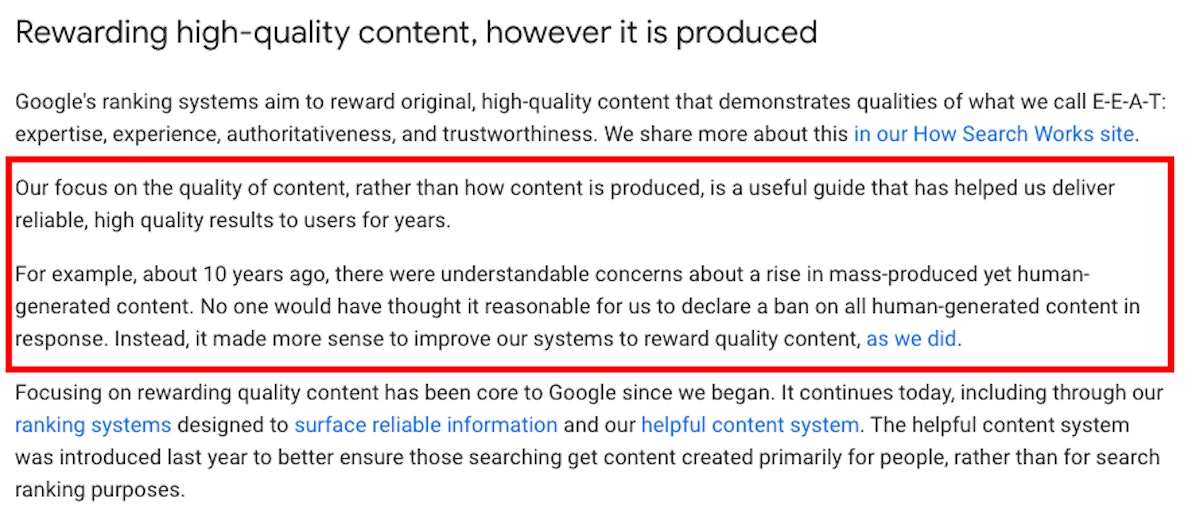
Google on the use of AI in content creation
As they mentioned elsewhere and previously, Google’s ranking algorithm cares more about the recency, relevancy, and quality of content than the method of content production.
This was enough to put all the rumors around Google’s alleged anti-AI policy to rest. Yes, you can use AI to create content. No, you won’t be penalized for it.
But you do have more powerful competition than ever with the introduction of Search Generative Experience (SGE) and Google’s ridiculously new SERP features. It’s going to get tougher to drive traffic organically.
AI vs Human Writer: A look at how the status quo is changing
Now, onto the second question, and probably the most contested one: Can AI replace human writers?
It’s not an easy one to answer, so rather than giving you a concrete or biased answer I can’t back up with quantitative data—I’m going to share qualitative data I’ve collected during my interactions with clients and prospects in the B2B and SaaS industry.
1. Not all marketers are gaga over AI-generated content. Some are going out of their way to ensure no AI is used.
One of the things most prospects asked me during the first discovery call was: How will you make sure AI is not being used in content creation? Do you have proper tools and processes in place to detect AI-generated content?
This was quite a surprise.
Along with a couple of prospects, some of my clients were also strictly against the use of AI in any aspect of the creation process—but especially research.
This is in stark contrast to the commonly held belief that AI will replace writers.
The only caveat? There are no AI content detection tools with 100% accuracy, so most of us end up eyeballing the results. In certain cases, this can become a point of friction (and possible conflict).
2. Several marketers have already started using AI to create content. But they’re still employing a human writer/editor to refine the text and run hygiene checks.
It’s kind of like what LinkedIn is doing with its collaborative AI articles.
AI generates the articles on commonly asked questions and “experts” on LinkedIn contribute to the articles with their “subject matter expertise” and get rewarded with LinkedIn’s ‘Top Voice’ badge.
(I see what you’re doing there, LinkedIn, but let’s pick on that another time…)
What brands are doing now is feeding the machine quality inputs and getting quality outputs in return. Then, they employ a pair of human eyes to scan the text and look for factual inaccuracy, hallucinations, tonality mismatch, and other missing parts.
One such example is Bankrate. They’ve been using AI and human writers to produce content, and are pretty open about it. They even put a disclaimer at the end of every blog piece created using AI:
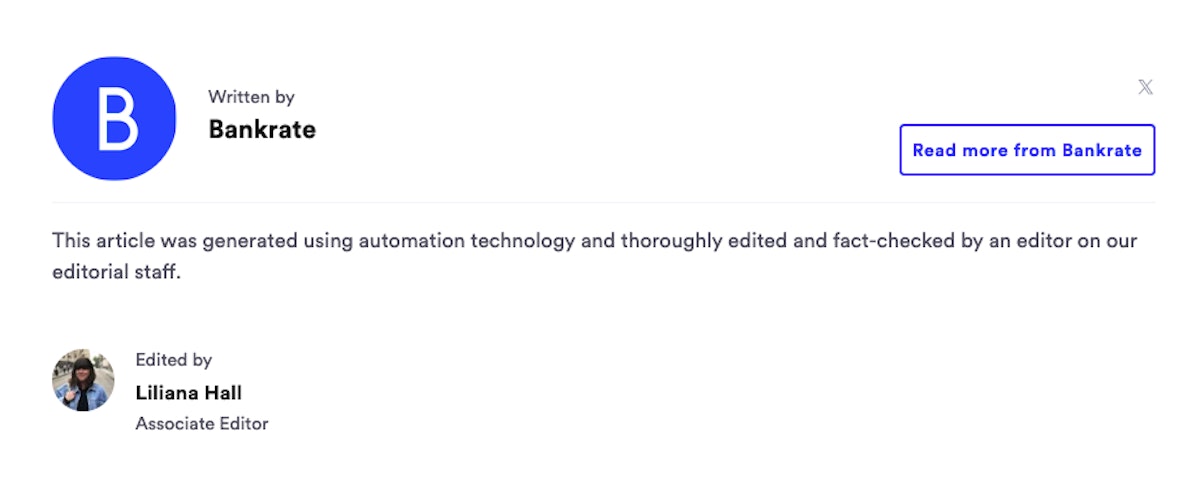
Bankrate
However, as The State of Marketing Report 2024 by HubSpot highlights, the percentage of marketers using AI to write content is rather small.
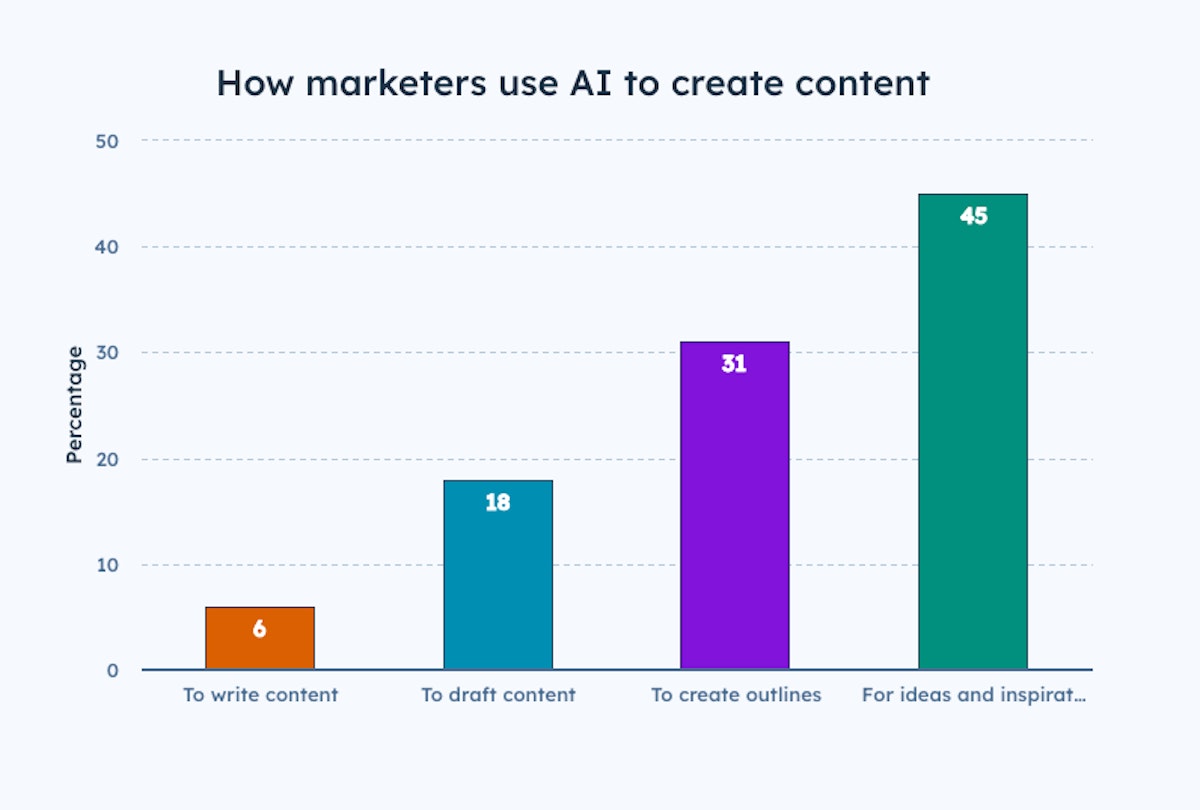
Hubspot state of marketing report
I’d say most content marketers and creators are using AI as a sparring partner—for brainstorming ideas, creating outlines, finding loopholes in the text, and more. There are as many use cases as the marketers using them.
But in my experience, clients are only using such AI-human-powered content for pieces that don’t need a lot of thorough research or human insight. And even then, they want a person to check and make sure the content is relevant and well-optimized.
3. Some marketers are more concerned about their content sounding like a bot.
Many of my clients are insisting on making the content more personality-rich, so it doesn’t “sound” like a bot wrote it. It should sound human: conversational, anecdotal, humorous, and engaging.
The stiff, monotonous writing style typically used in B2B content is now seen as the default style of AI-generated content.
It’s seen as boring. So naturally the antidote is going for content that’s the exact opposite.
This makes me wonder: Are some brands ashamed to admit they’re using AI to create content?
It could be a trust thing; since a lot of consumers have developed a bias against AI-written content lately, brands could be trying to keep a clear image by ensuring the content sounds human-like instead of robotic.
AI as a tool is only useful in the hands of a skilled and knowledgeable writer.
Recently, I wanted to add a Google Apps script code to one of my spreadsheets. So I used ChatGPT to generate one; I described my problem statement and provided sheet URLs as well.
I did get a proper code, but since I have zero knowledge of coding, I had no way of knowing how to add the script, what to tweak, etc.
Now you could argue, “Deepika, why not look up how to add the code?”
Yes, I could. I could even ask ChatGPt for instructions. My point is that I’ll still be putting in the hours. It’s still going to be grunt work for me. But if I had some basic knowledge of coding, ChatGPT would have been a time saver.
Similarly, AI can only produce quality content when the quality of input is good. You need to provide specific, robust contextual information to prompt a quality output from the tool.
If you have the necessary domain expertise and writing skills, you will know exactly where to tweak the output and where to inject expert insights.
This is something only writers who are skilled and knowledgeable (at least to a certain extent) in the subject they’re writing about will know how to do. Because in the end, you can outsource content creation to tools like ChatGPT, but you can’t outsource subject matter expertise.
As Robert Rose, CMI Strategy Advisor, highlights: “Marketing teams will understand that AI really is a content strategy challenge, not a tech challenge.”
So, do writers still need to fear AI?
No, they don’t.
As I’ve tried to explain, the ground reality is way different than what’s projected on the Internet. It’s not like our clients haven’t experimented with AI tools or thought of replacing us with AI. It’s just that they’re unable to.
They understand the limitations of AI as well as they recognize its strengths.
If you can add value as a writer, no need to worry about AI replacing you; writers who are unable to add value, or those falling behind on upskilling are the ones who have to fear not just AI but any efficient, cost-saving technology in the market.
That’s one reason why skills like analytical thinking and creative thinking are so in demand. They are skills you can’t outsource to a machine.
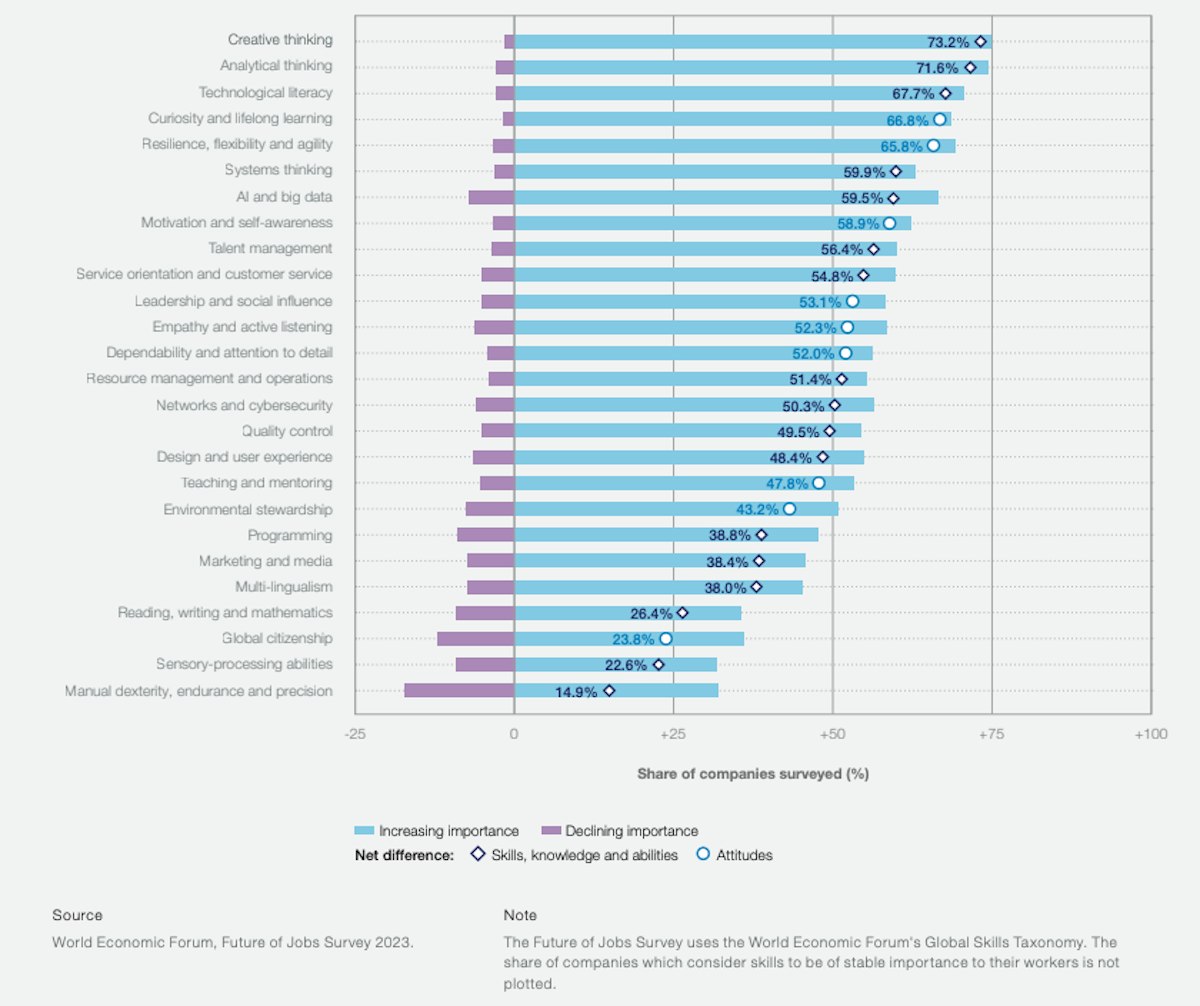
Future of Jobs Survey
This is the right time to upskill and expand your skill set—not to sit back and watch what happens.
The keyword here is change. And as AI evolves, so will our jobs and the roles we serve. So keep a close watch on the market trends and keep your skills relevant to match the pace of change.
This article was originally published by Deepika Pundora on Hackernoon.








